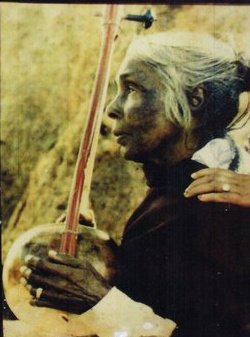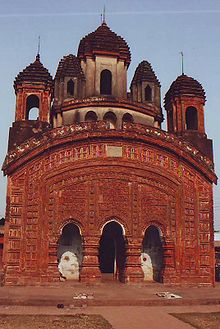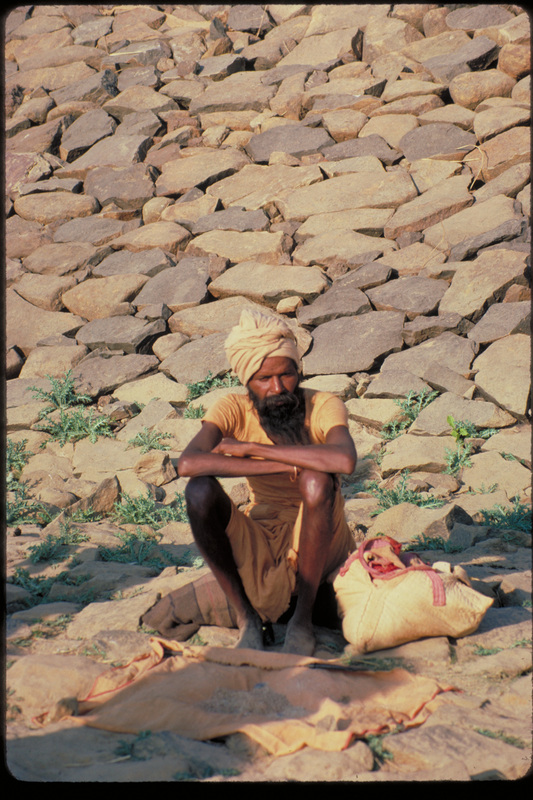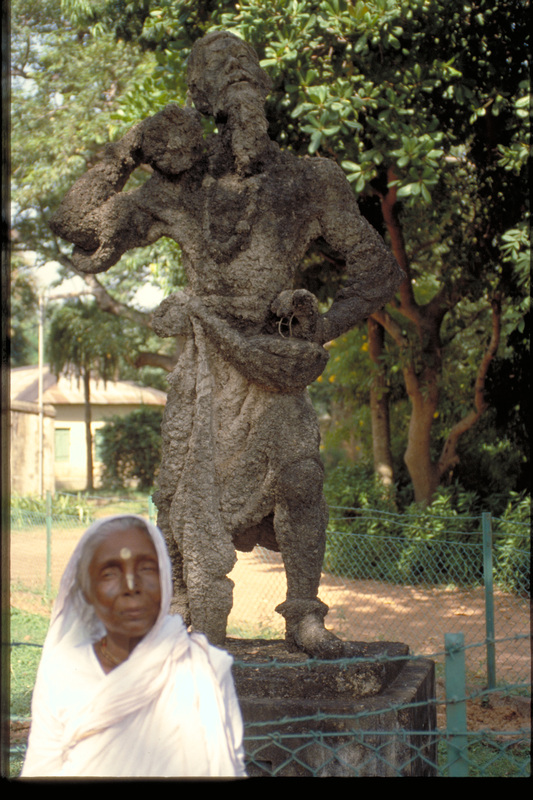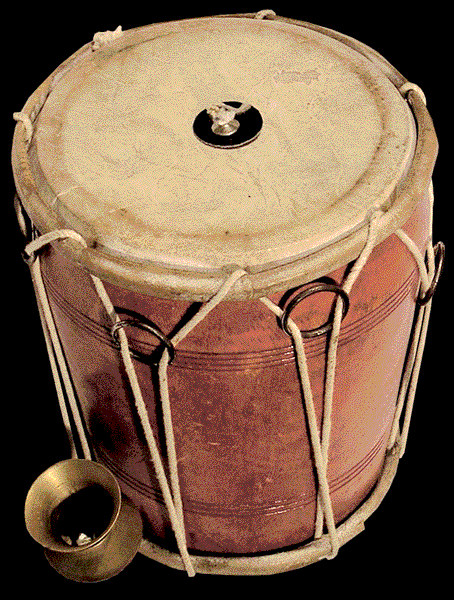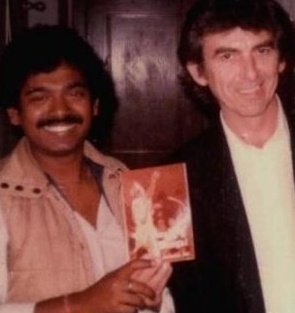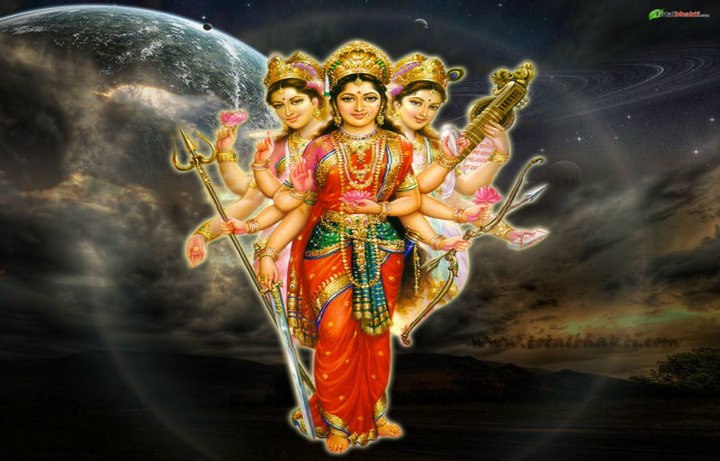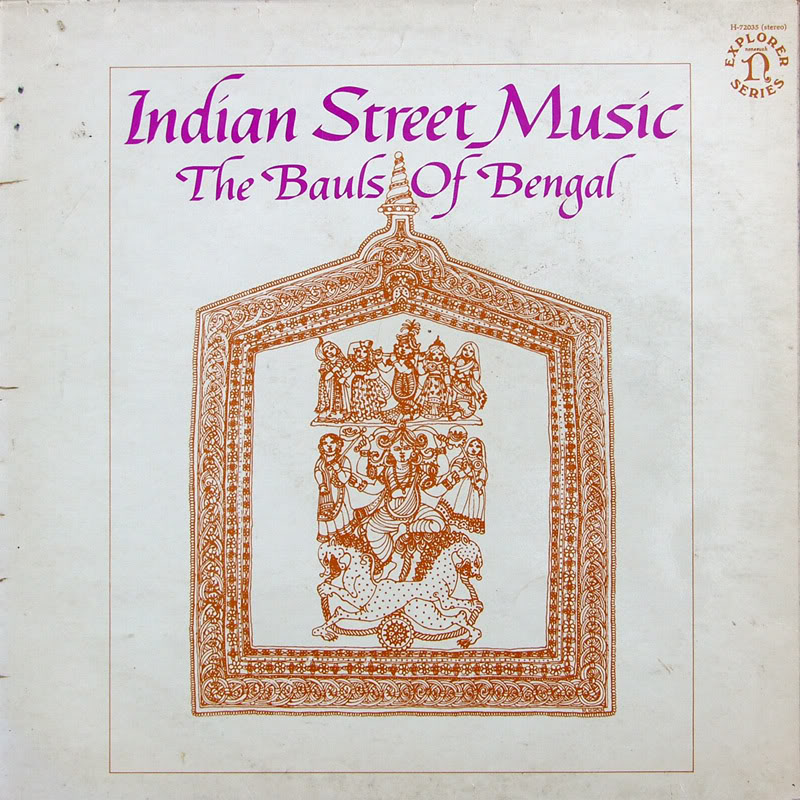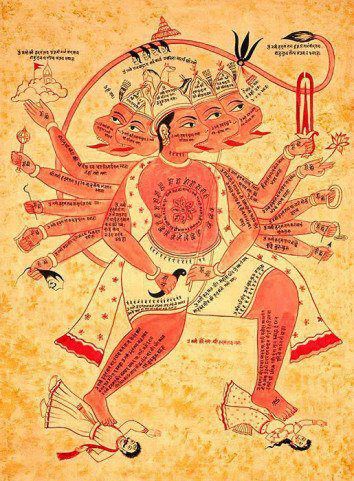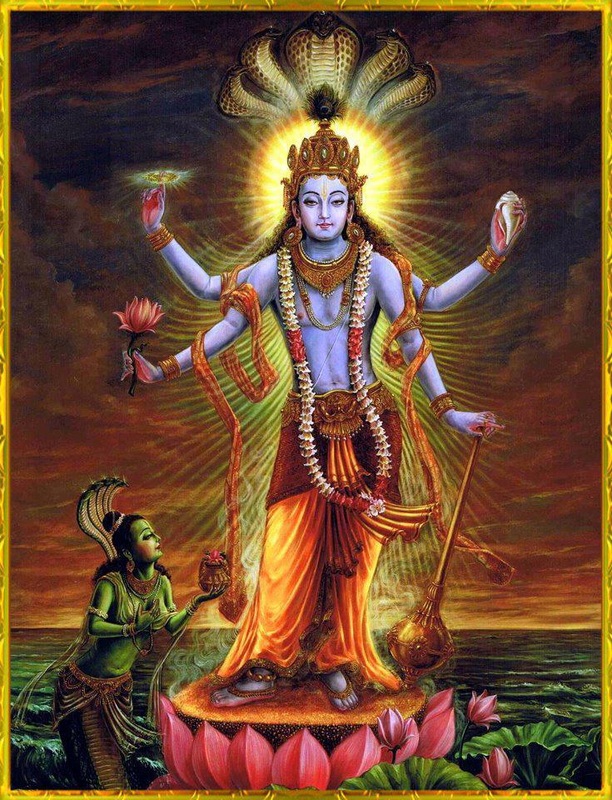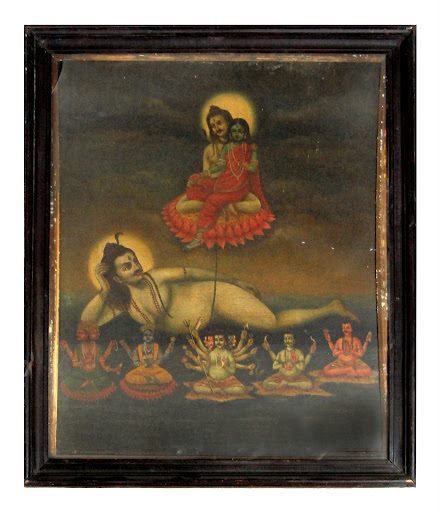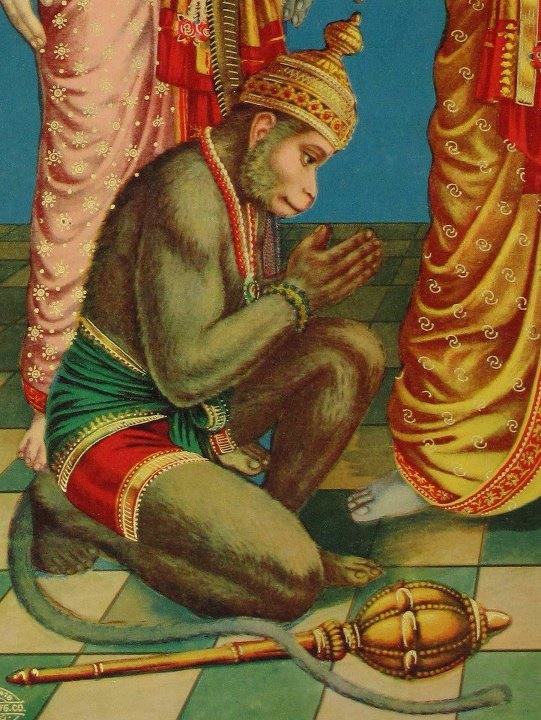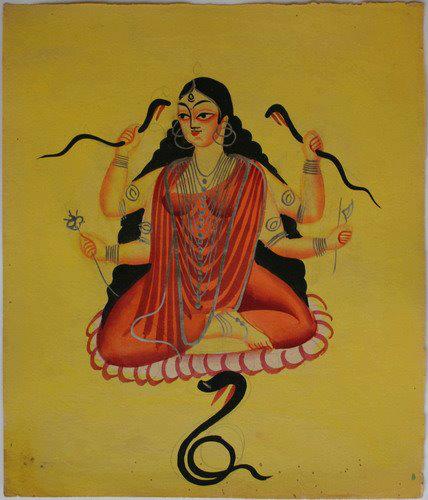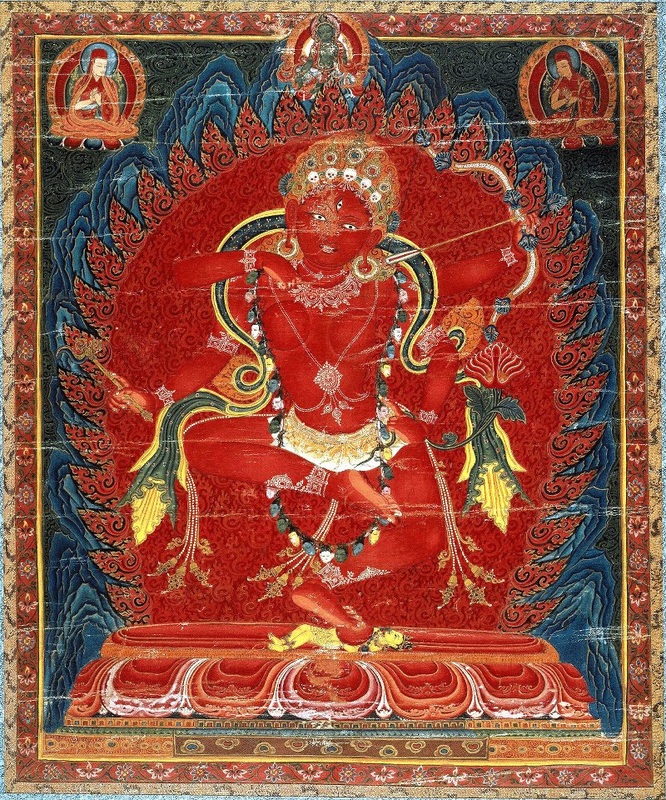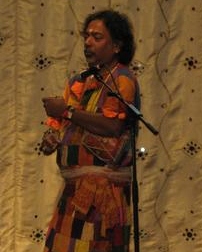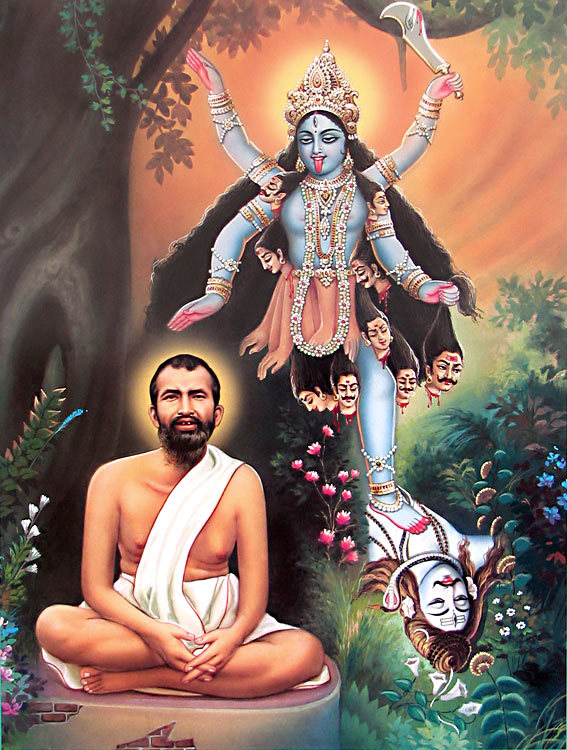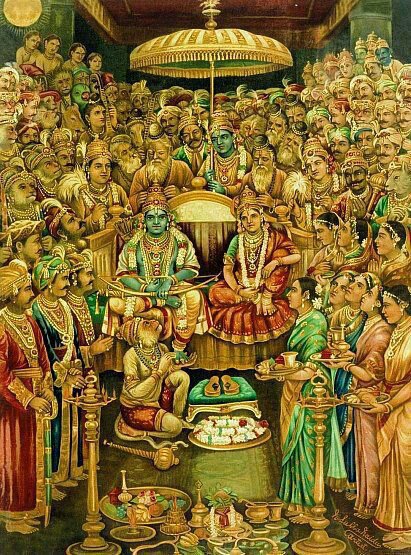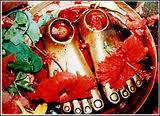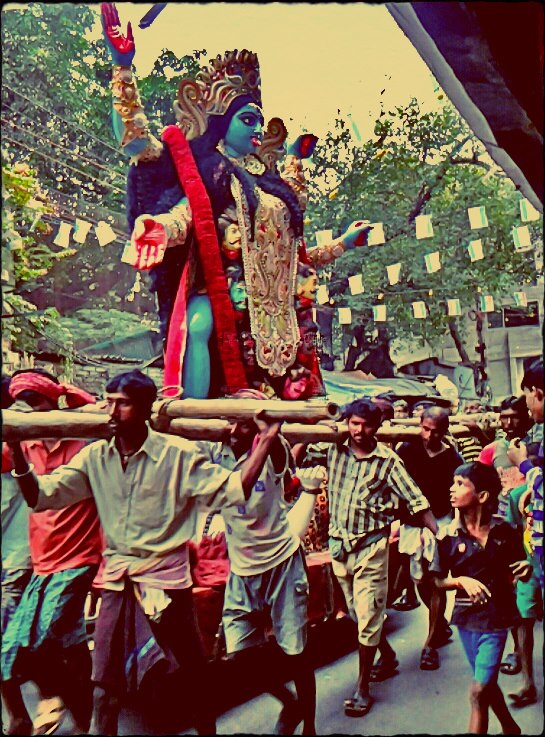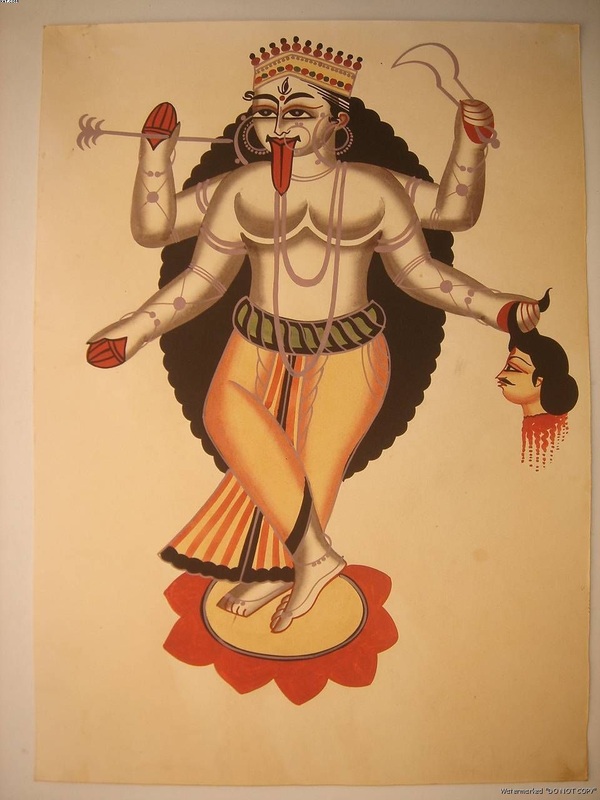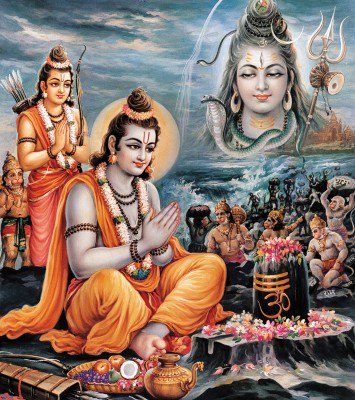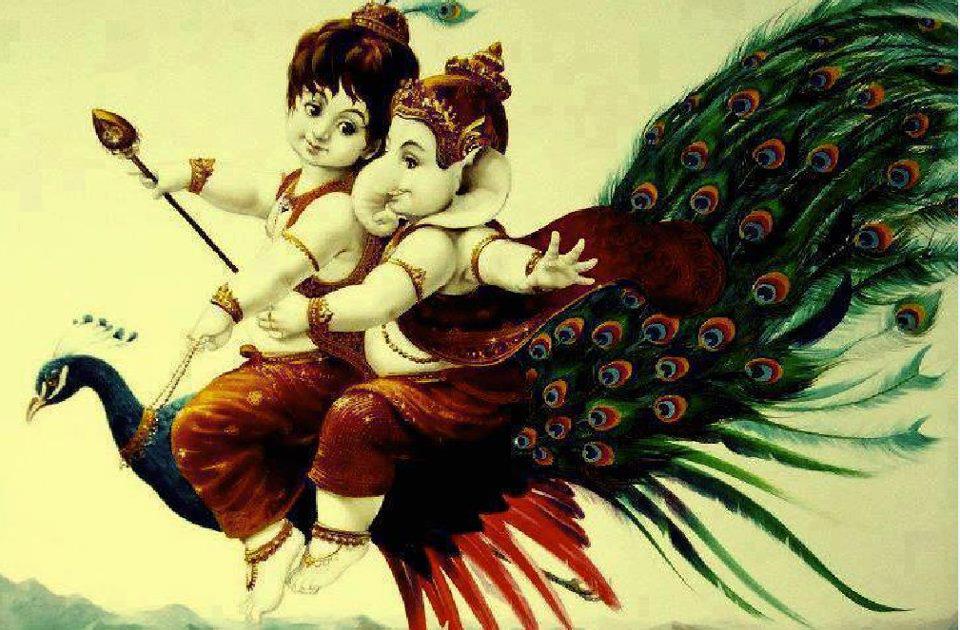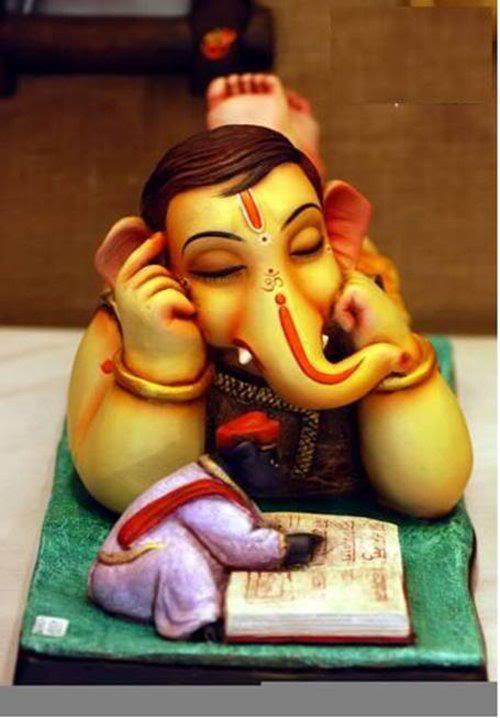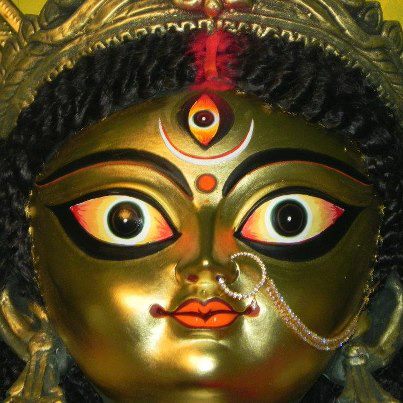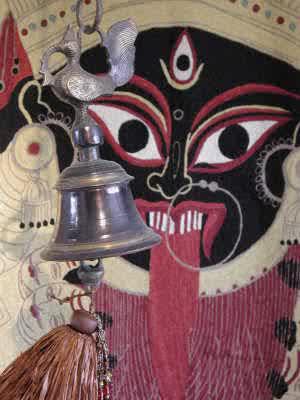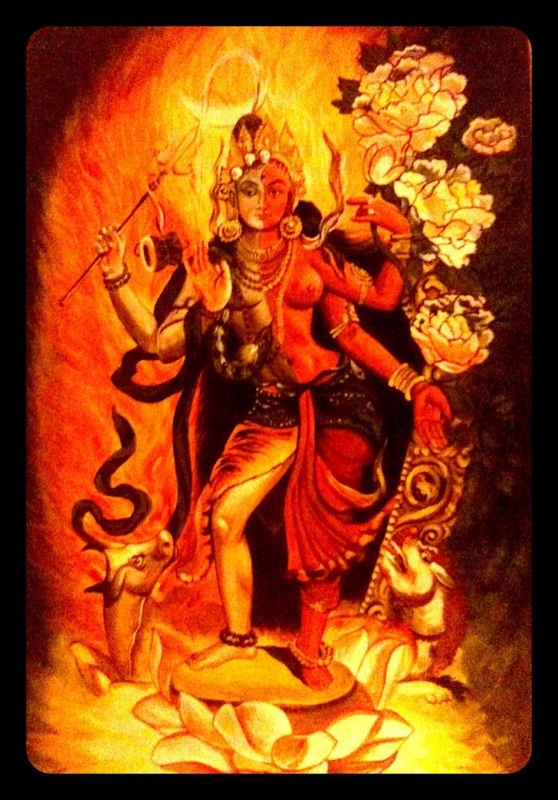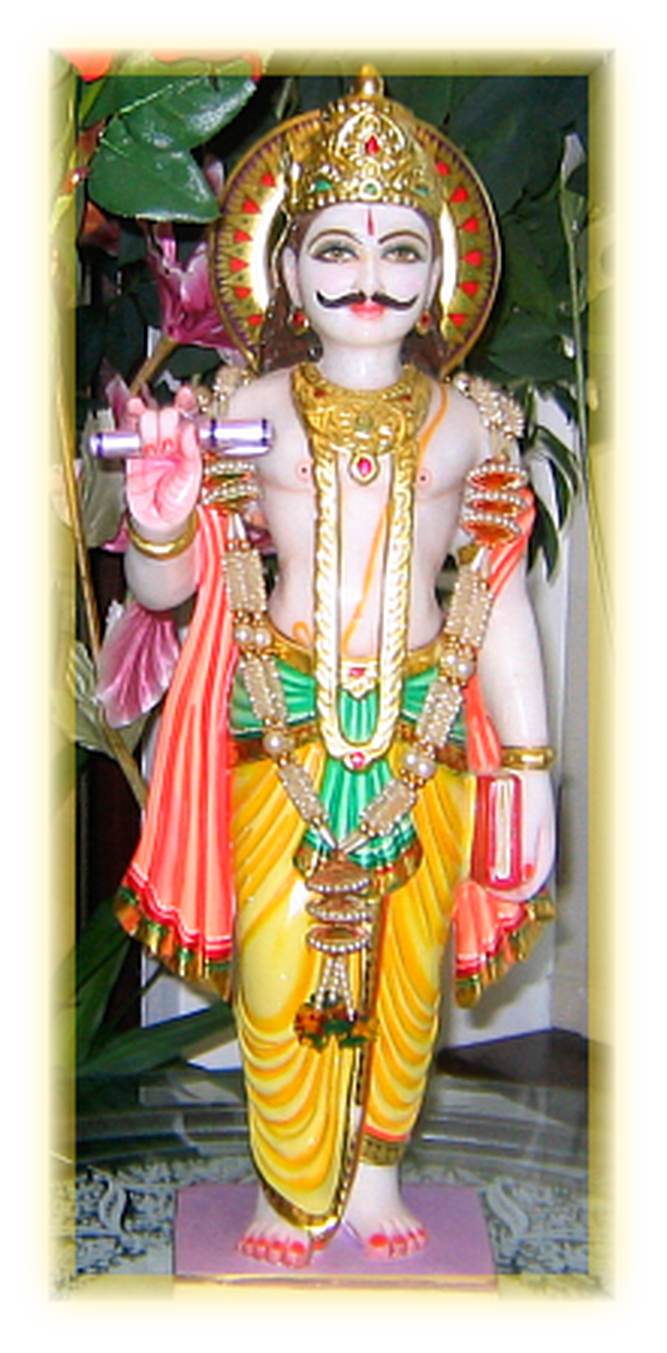
LORD CHITRAGUPTA.
Heaven or hell? Often one mistakes that Lord Yamarajah makes this decision. Yama descends to invite the soul when one’s time is up. What happens next is very much dependent on the Lord Chitragupta. As Yama’s chief accountant and minister in attendance, He keeps complete record of deeds of human beings. Towards this he creates a log of all human lives to record human deeds from birth to death. It is according to this log that a heaven or hell decision is made.
Lord Chitragupta holds an important position in the Hindu pantheon. He too is considered omnipresent and omniscient. There are various versions of his emergence. One is that he is the younger brother of Yama, the God of Death. The other is that of being the son of Lord Brahma.
MYTHOLOGY:
Lord Yama’s first posting was that of Dharmarajah, Judge of the Dead. Yama judged mortals who approached the heavens on the scale of dharma, truth and righteousness. He was helped in this task by his messengers, a pigeon, an owl and two brindled dogs, each with four eyes. But being the a lord, he was also a soma consumer with other gods. Confusion began to set in when dead souls came to him and got sent to the wrong gates! According to the Yama Samhita, He admits to Lord Brahma of the difficulty to keep track of the many people born of the eighty four different life forms under his purview. The Creator, Lord Brahma could not afford any negligence on the part of Yama, so he sat in meditation.
Lord Brahma had many sons and daughters born of his mind such as Vashishta, Marada, Atri and Saraswathi.They are Manas Putra born out of cosmic influences. According to mythology Brahma had had also created sixteen sons from the different parts of his body, for example Gorh, Mathur, Bhatnagar, Saxena, Asthana, Shrivastava, Ambastha etc. Finally he opened his eyes to see Chitragupta standing next to him with pen, paper and inkpot as the seventeenth son. Legends hold it that Chitragupta, first formed in Brahma’s mind or ‘chitra’ was formed from his belly. ‘Kaya’ means body. Since all the seventeen were born from Brahma’s body, they were known as ‘Kayastha.’ These accounts are found in the Bhavishya Purana and the Vignana Tantra. In the Brihat Brahma Khands is found: he was naked Kayastha having sprung from the body –kaya of Lord Brahma; he was directed to perform all sanskars and to have writing as his profession. Thereafter, Brahma gives Chitragupta his letter of appointment to determine the merits and demerits of men. He had to dispense justice and punish those who violate the dharma.
The Garuda Purana states that Chitragupta is the first man to use letters. He is reputed to be meticulous with his records, tracking every move. He is forewarned that it is his record-keeping that will decide the fate of the dead. Known as Akashic records, they had to be perfect. These records are said to be the diary of the universe. The Padma Purana states Chitragupta is stands next to Dharmaraja to update his log.
JUDGMENT DAY:
The Garuda Purana describes the imperial throne of Chitragupta in Yamapuri. Puri means palace, Yama’s palace. There he holds court to dispense justice according the deeds of man recorded in the Akashic records. Lord Yama has his own throne. The images of these thrones have probably been added by human imagination, artists and sculptors to add color to Puranic records. Yama is seated on a throne with a demon standing on his left. Chitragupta sits on Yama’s right assigned to pursue the detailed records of human deed. After the death of the creatures lord Chitragupta judges and sends them to heaven or hell according to their works. His judgments are endorsed by Lord Yamarajah.
FAMILY:
Lord Chitragupta is said to have married Irawati and Nandini. Irawati also known as Shobavathi and they had 8 sons – Charu, Sucharu, Chitrasar, Charun, Chitra, Matiman, Himwaan and Atindriya. Nanidi is also called Dakshina and they had four sons: Bhanuputra, Vibhanu, Vishwabhanu and Birbhanu. The present day Kayastha families trace their origins to Chitragupta. Kayasthas in Bengal are called Baru, Bose, Ghosh, Grihamitra, Dattanag, Nath, Das, Dev, Sen, Pal and Sinha etc.
WORSHIP:
There are a few notable temples attributed to Chitragupta. Kanchipuram in Tamil Nadu has the sole Chitrgupta temple in the south. In Rajasthan Kayastha devotees in Udaipur have built a grand temple in his name. In Alwar, Rajasthan, Ujjain in Madya Pradesh are temples nearly 300 years old.
A puja is often performed to Chitragupta in reverence of the four virtues he is seen to embody: justice, peace, literacy, and knowledge. Items associated with Chitragupta in his puja include the paper and pen, ink, honey, betel nut, matches, mustard, sugar, sandalwood and frankincense. Chitragupta puja is performed on the same day of Bhaiduja that is day after tomorrow of Diwali. This is the main puja of Kayastha caste of Hindu.
SKANDA PURANA:
Skanda Purana 11:39 states that Chitragupta is one of the 14 Manus. Chitragupta asks what is the purpose of his creation. Brahma replies: I got you after great mortification. You were inside me; inside my mind in the form of godly element,. Your name will be Chitragupta and be called ‘kayastha’. You are my ‘manasputra’ and stay in human minds in the form of a soul. You will keep a register of their good and bad deeds, keeping in mind and paying attention to their thoughts on death and their good and bad works. It will be a decision to give them heavenly peace and happiness or sorrow in hell depending upon their deeds. You will be known as ‘Yamrajay Dharmarajay’ and you will be worshipped by the Gods and Devas’
Brahmi script was created by Brahma. The authority measure for this was Chitragupta. The script to the writing was given by Chitragupta. He was the creator to bring the language of Gods, Sanskrit to script. In the beginning people used to follow Shruthi-smriti in which the people used to convey knowledge. It is said that Chitragupta used a pen to bring administration and discipline and a minimum of a sword of exhibit power. The Spiritual meaning of Chitragupta is that nobody knows the human minds and nobody can read them. Every human has five sense organs and five organs or action, through which all work is done. Human mind – for any mistake or decision and determination; Brain – for decision and conscience; Pursuit to keep ourselves in progress; The supreme power of our deeds are known as Chitragupta.
MANTRA: Om Shri Chitraguptaay Namah
by Yogi Ananda Saraswati
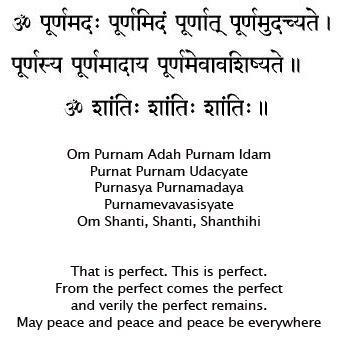
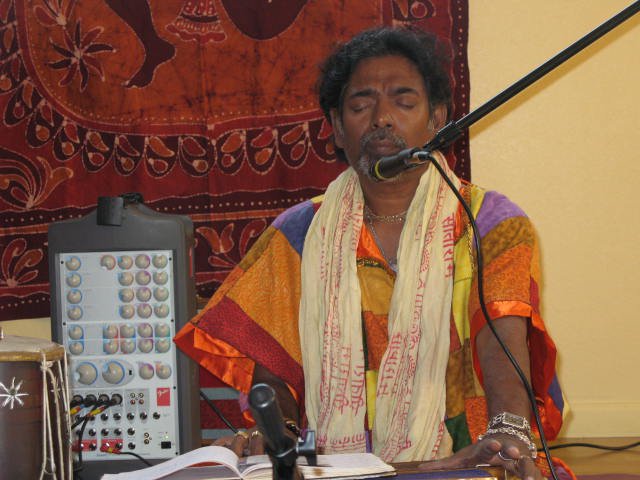
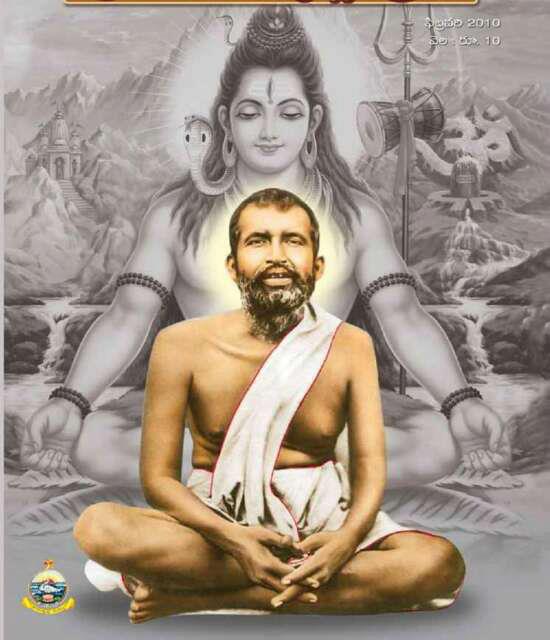
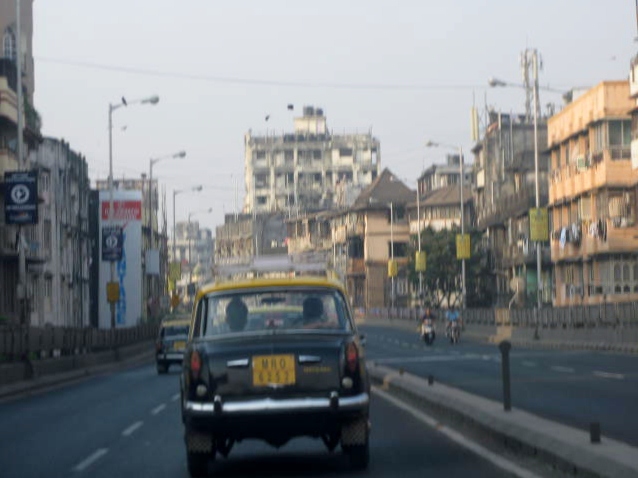
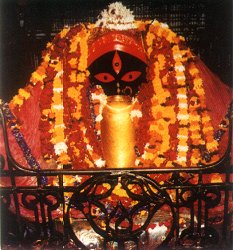
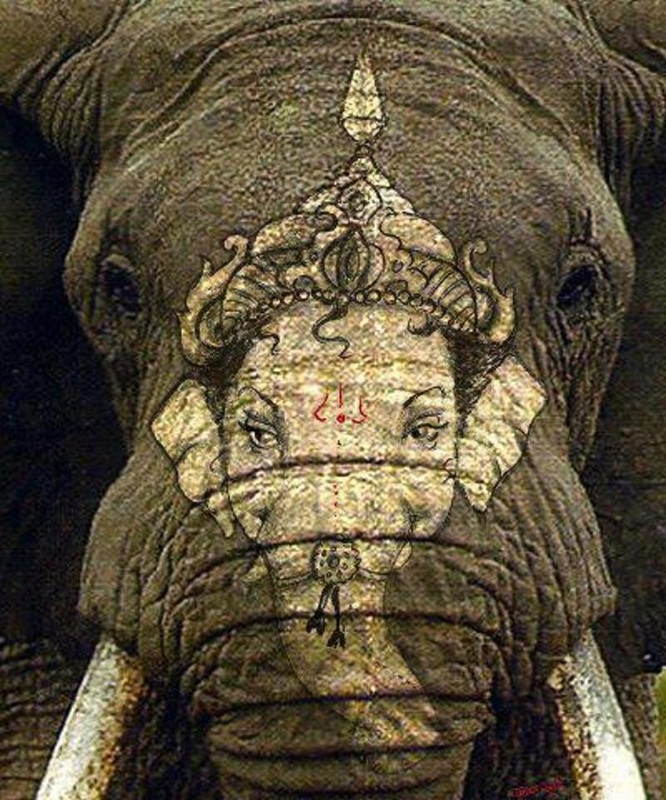
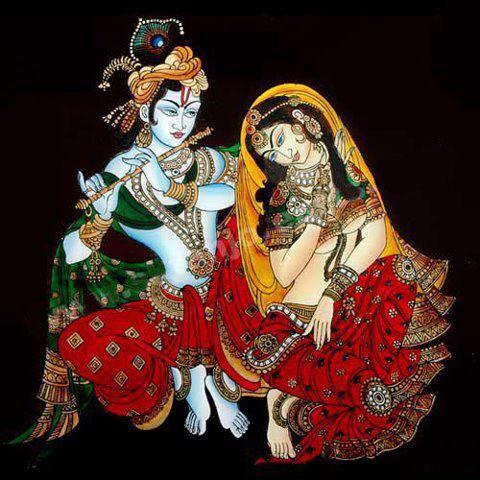
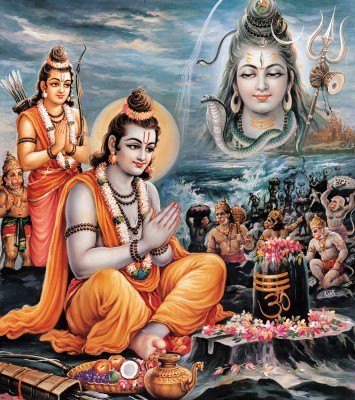
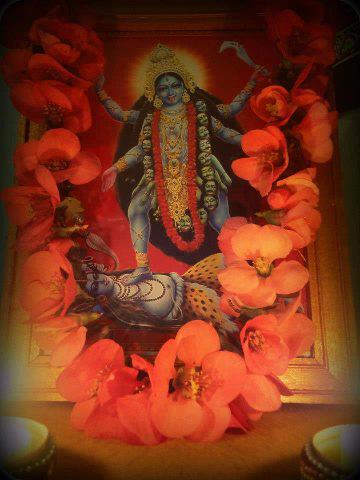
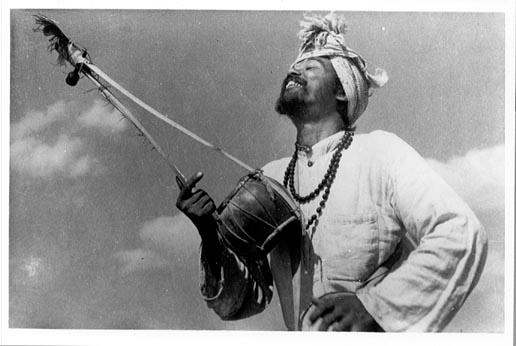
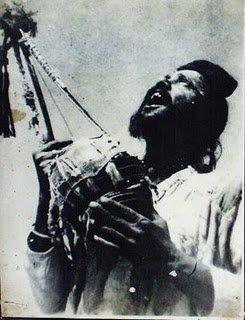
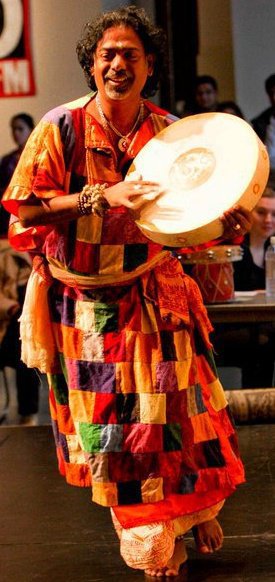
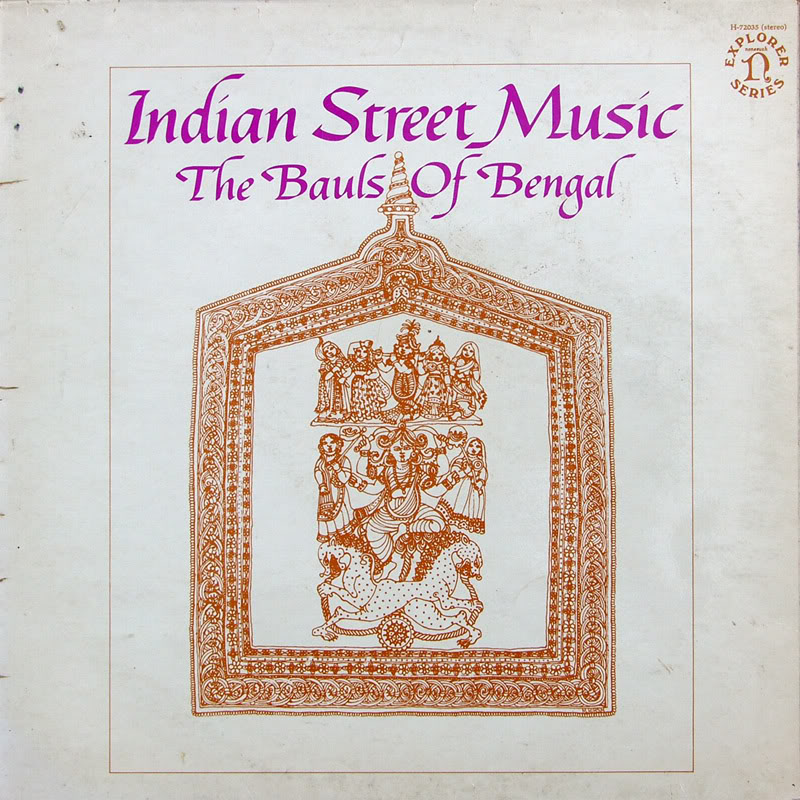
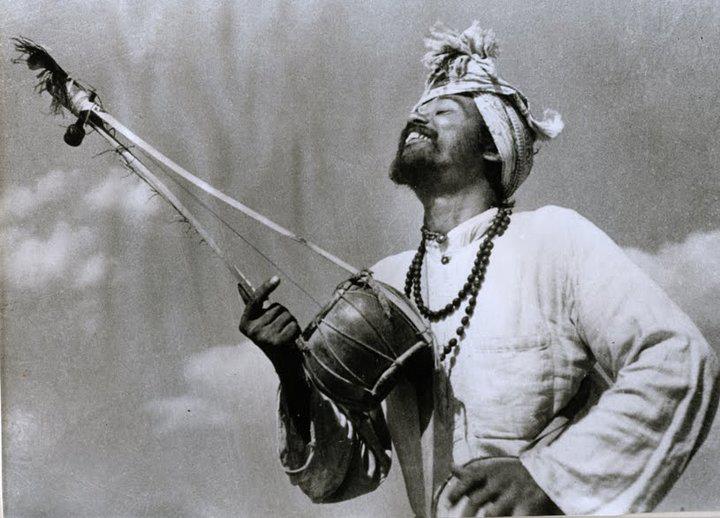
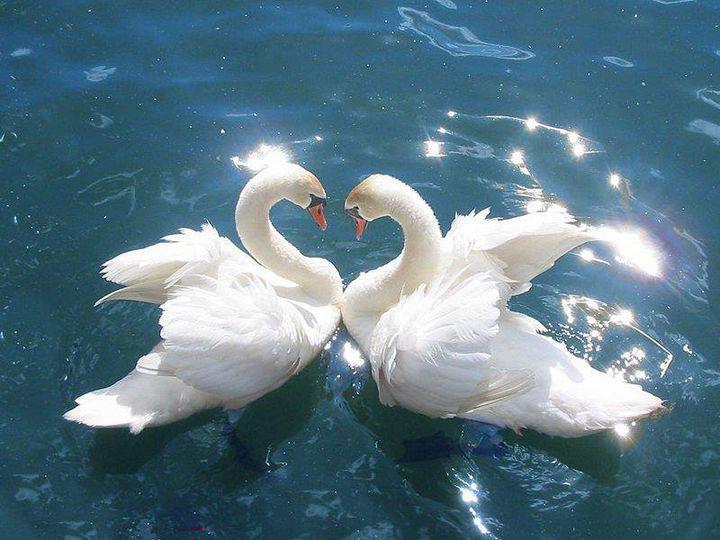
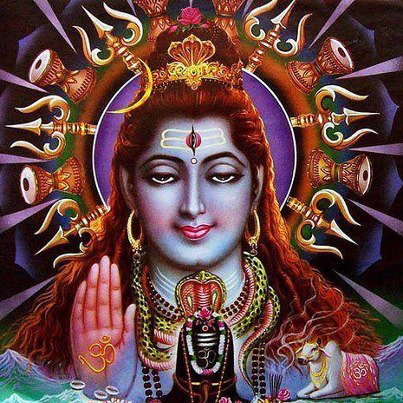
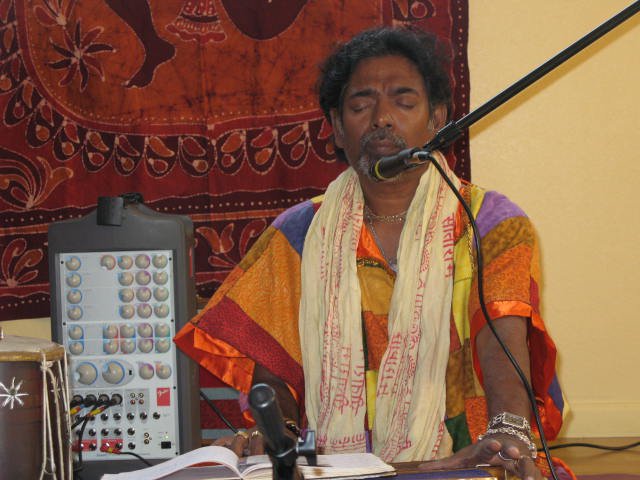
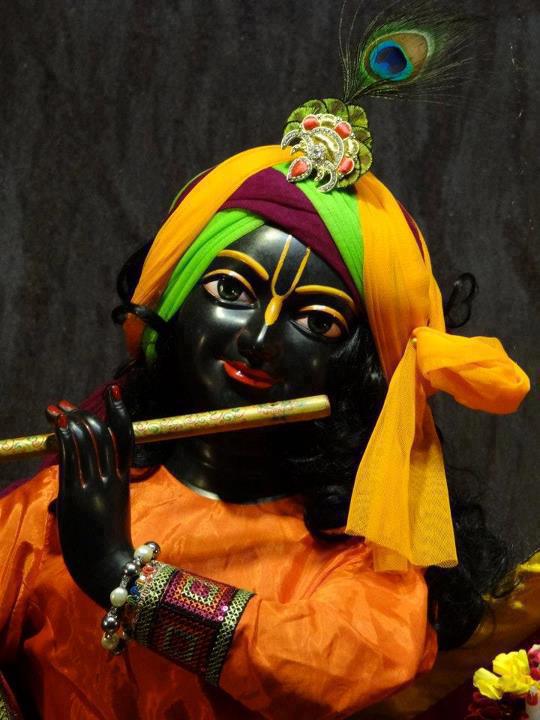
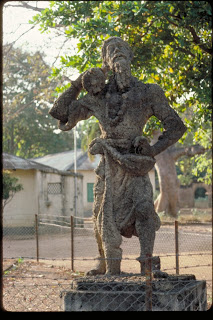
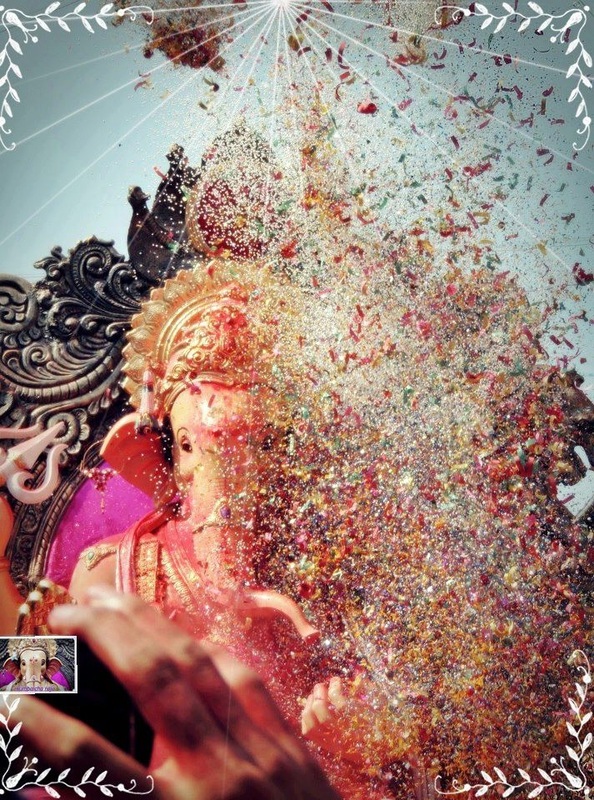
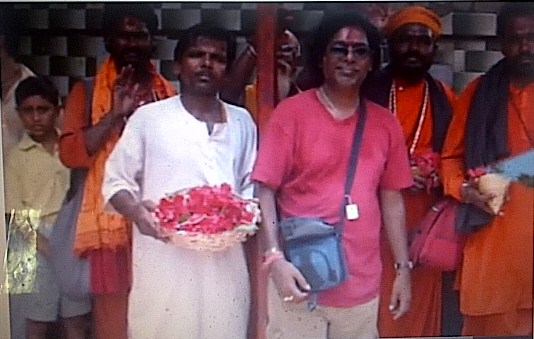
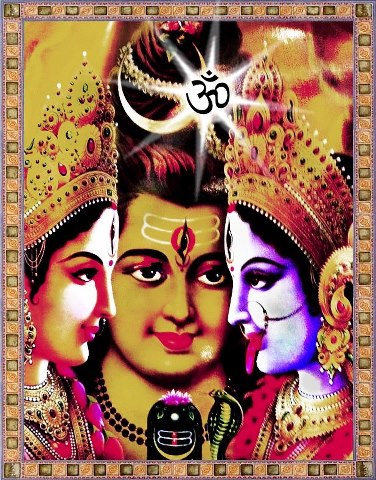
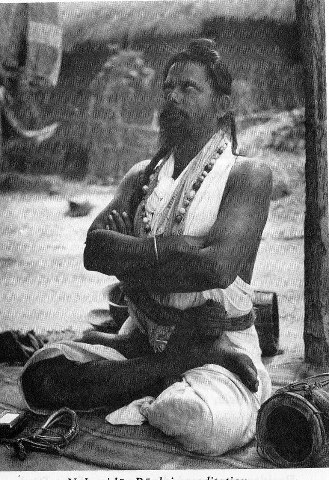
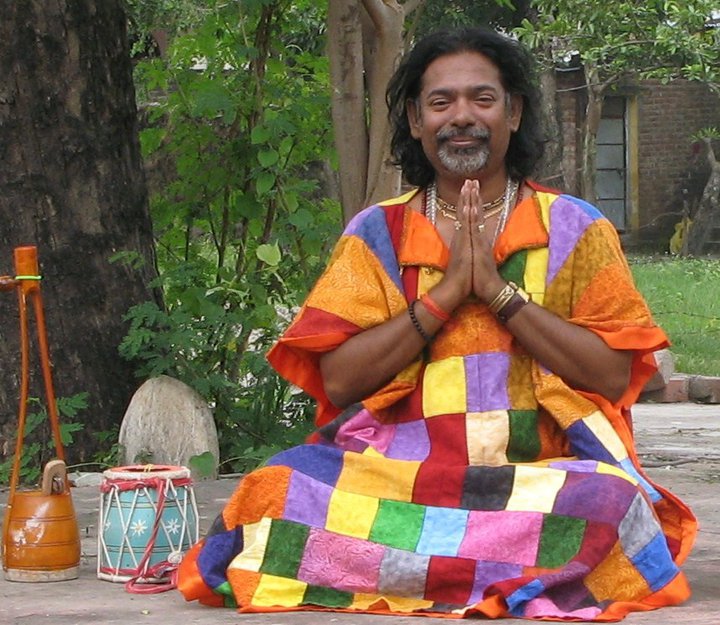
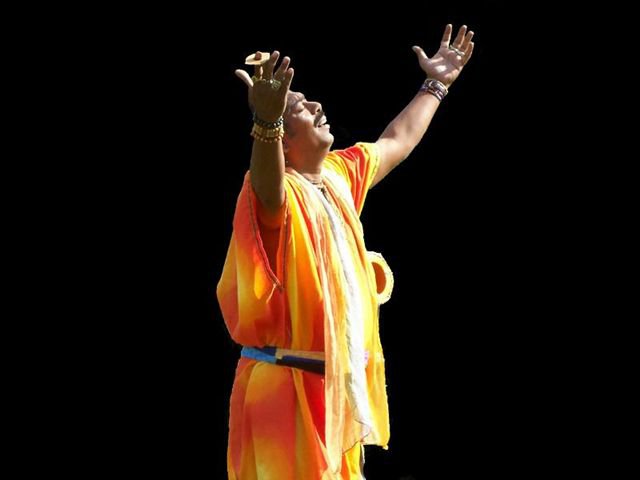
 RSS Feed
RSS Feed
